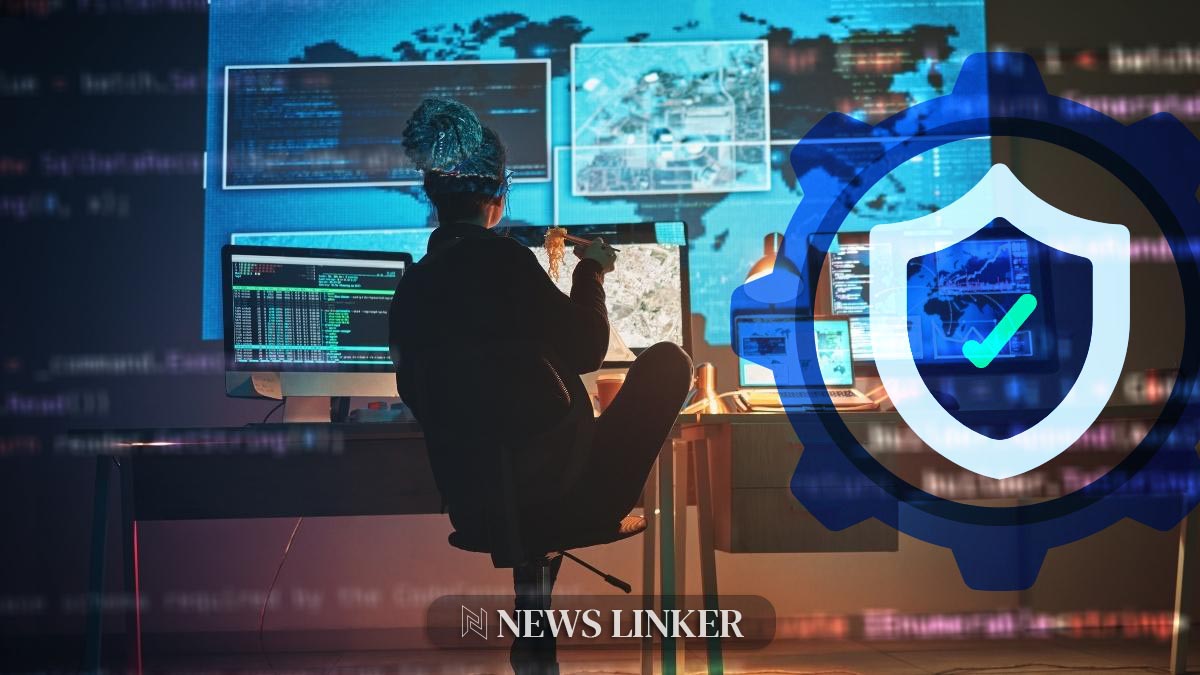In an alarming escalation within the healthcare sector, UnitedHealth Group, one of the leading health insurance providers in the United States, recently faced a severe ransomware attack targeting its subsidiary Change Healthcare. The cybersecurity breach orchestrated by a group known as ALPHV, or BlackCat, has spotlighted the vulnerabilities existing in the critical infrastructures of health services. This incident has not only disrupted the operations of Change Healthcare but has also triggered a robust defensive reaction from UnitedHealth to prevent further damage.
Considering the sensitive nature of the data handled by healthcare providers, the infiltration into Change Healthcare’s information systems could have been catastrophic. Comparing this event with previous cybersecurity incidents in the healthcare industry reveals a pattern of increasing sophistication in the methods used by cybercriminals. Historically, healthcare systems have been targeted due to the valuable data they hold, but the rapid detection and containment measures taken by UnitedHealth in this instance demonstrate an evolution in response strategies from health conglomerates.
How Did the Attackers Gain Access?
The breach commenced on the morning of February 21, 2024, following a covert nine-day period during which the hackers navigated through the network’s defenses without detection. Utilizing advanced techniques, the attackers were able to deploy ransomware that encrypted the systems of Change Healthcare, rendering them inaccessible and severely disrupting the service operations.
What Measures Were Taken by UnitedHealth?
Upon discovering the breach, UnitedHealth Group acted swiftly to isolate Change Healthcare from its broader network, which includes other major segments such as Optum and UnitedHealthcare. This quick response was vital in confining the breach and preventing any potential spread of the malware. This action underscores the increasing emphasis on rapid response and containment tactics in cybersecurity strategies for sensitive sectors.
Are There Broader Implications for Healthcare Security?
The attack on Change Healthcare underlines the persistent threat faced by the healthcare industry—a prime target for cybercriminals due to the sensitive nature of health data and the critical importance of healthcare services. As these threats mount, the need for advanced, proactive security measures becomes even more critical to protect patient data and ensure the continuity of healthcare services.
Key Insights from the Security Breach
- Early detection and rapid response are crucial in mitigating the impact of cyber attacks.
- Isolating affected systems can help prevent the spread of malware across networks.
- Continual updates and training in cybersecurity practices are necessary for defending against sophisticated cyber threats.
The breach, although contained within Change Healthcare, prompted an immediate overhaul of security protocols. UnitedHealth Group has since been working closely with law enforcement agencies, including the FBI, to investigate the breach further and enhance their cyber defenses. This incident serves as a stark reminder of the ever-present cyber threats facing the healthcare sector and the ongoing need for vigilance and investment in cybersecurity measures.
Andrew Witty, CEO of UnitedHealth Group, emphasized the containment of the malware within Change Healthcare, reflecting on the efficacy of the company’s rapid response measures. The attack not only disrupted operations but also highlighted the broader implications for security in the healthcare sector. With cybercriminals continually evolving their tactics, the incident stresses the importance of robust cybersecurity frameworks and proactive defense strategies in protecting sensitive health data and maintaining the integrity of healthcare services.










